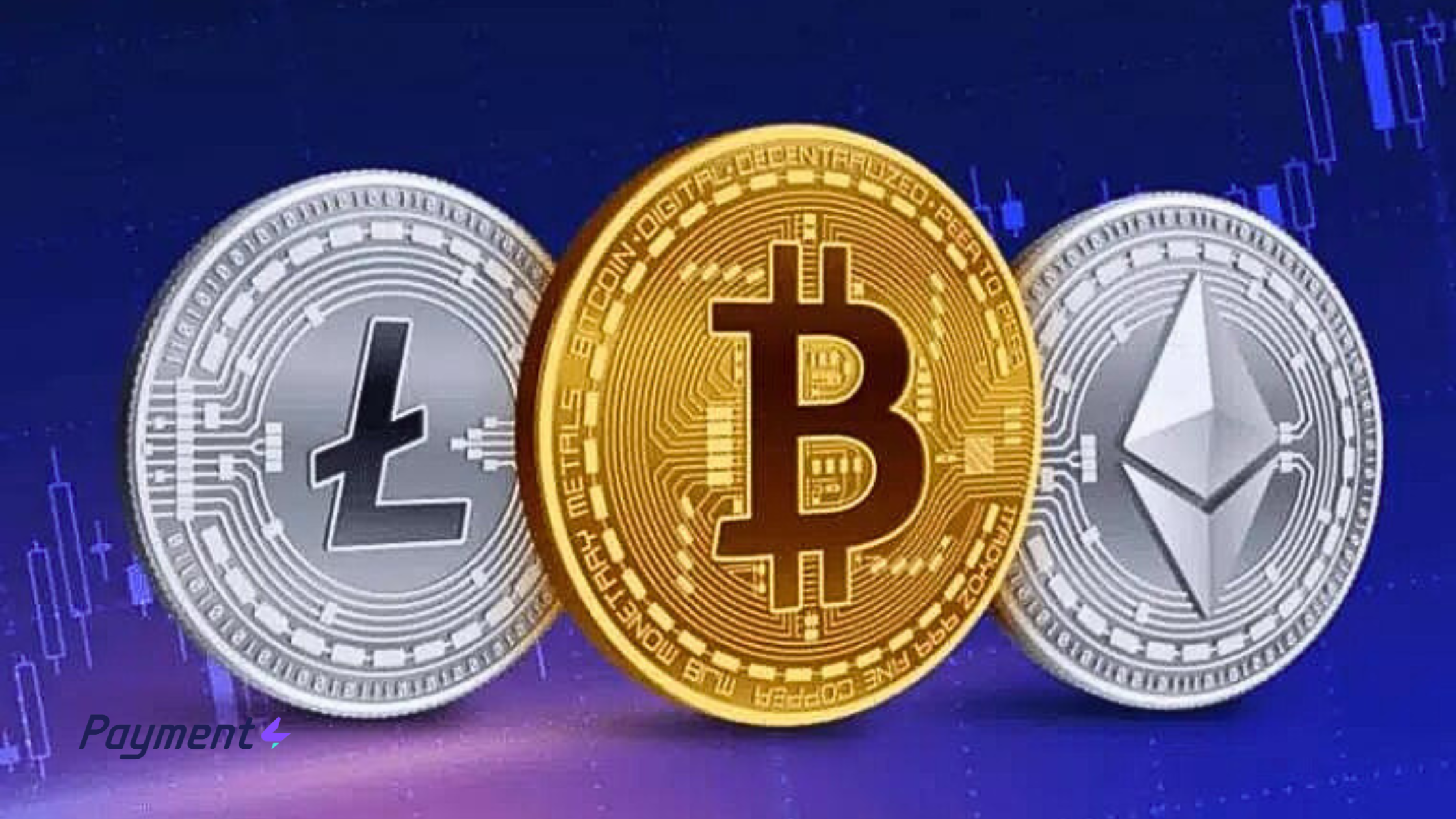Cryptocurrencies have revolutionized the digital financial landscape, offering a decentralized and secure alternative to traditional payment systems. As part of our commitment to providing the best cryptocurrency payment gateway service, we believe it’s essential to explore the key features and differences among some of the most prominent cryptocurrencies available today. In this blog, we will conduct a comparative analysis of BTC, ETH, Tether, TRX, and BNB.


Bitcoin (BTC)
Bitcoin, the pioneering cryptocurrency introduced by an anonymous entity known as Satoshi Nakamoto, is often regarded as the gold standard of digital currencies. It boasts the largest market capitalization, high liquidity, and widespread acceptance in various industries. BTC’s core value proposition lies in its scarcity, security, and decentralization, making it a popular choice for many investors and businesses.
Read more: What is the Difference Between a Coin and a Token?
Ethereum (ETH)
Ethereum, unlike Bitcoin, is more than just a digital currency; it is a platform for creating decentralized applications (dApps) and smart contracts. ETH offers a programmable blockchain, enabling developers to build and deploy their own applications on top of its network. Ethereum’s versatility and complex ecosystem have attracted many developers and businesses, positioning it as the second-largest cryptocurrency by market capitalization.
Tether (USDT)
Tether is a prominent example of a stablecoin, a cryptocurrency designed to maintain a stable value pegged to a specific asset, usually a fiat currency like the US dollar. Its primary purpose is to provide stability in an otherwise volatile crypto market. Tether has gained popularity due to its ability to bridge traditional finance and the cryptocurrency world, allowing users to easily convert between crypto and fiat currencies without leaving the digital realm.
TRON (TRX)
TRON is a blockchain-based platform focused on creating a decentralized internet ecosystem. It aims to enable direct content sharing between content creators and users, bypassing centralized entities. TRX, the native cryptocurrency of the TRON network, plays a crucial role in facilitating the seamless exchange of value within the ecosystem. Its low transaction fees and scalability are attractive features for users seeking cost-efficient and speedy transactions.
Binance Coin (BNB)
BNB is the native cryptocurrency of the Binance exchange, one of the largest and most popular cryptocurrency exchanges globally. It serves as a utility token for various use cases within the Binance ecosystem, including discounted trading fees, participation in token sales, and even investments in various DeFi platforms and products. BNB has emerged as a solid investment choice for traders active on the Binance exchange.
Comparative Analysis:
Market Capitalization
BTC boasts the highest market capitalization, followed by ETH, BNB, Tether, and TRX.
Higher market capitalization generally indicates greater stability and trust within the cryptocurrency community.
Transaction Speed and Scalability
BTC faces scalability issues, resulting in slower transaction times and higher fees during peak periods.
ETH is working towards Ethereum 2.0, which aims to improve scalability and address transaction speed concerns.
Tether, TRX, and BNB leverage various methods, including using other blockchain networks, to ensure faster and cost-effective transactions.
Use Cases and Adoption:
BTC enjoys mainstream adoption as a store of value, with major companies now accepting Bitcoin as a payment method.
ETH’s smart contract capabilities have led to the emergence of a vast ecosystem of decentralized applications and tokenized assets.
Tether is widely utilized in crypto trading as a stablecoin, allowing traders to hedge against volatility.
TRX focuses on the entertainment industry, offering incentives for content creators and developers to join the platform.
BNB’s primary utility lies within the Binance exchange ecosystem.
Conclusion
Understanding the nuances and differences between cryptocurrencies is vital for anyone in the industry, including businesses offering cryptocurrency payment gateway services. Each of the discussed cryptocurrencies offers unique features and serves different purposes within the growing digital economy. While BTC and ETH remain prominent players, Tether, TRX, and BNB have carved out their own niches and offer exciting possibilities.
It’s important to evaluate factors such as market capitalization, transaction speed, scalability, and use cases when considering which cryptocurrency to integrate into our payment gateway platform. By staying informed on the latest developments and innovations in the cryptocurrency space, we can continue to provide our users with the most efficient and reliable payment solutions.
Remember, the cryptocurrency market is ever-evolving, and conducting regular updates and research will ensure that our cryptocurrency payment gateway service remains at the forefront of this dynamic industry.
Disclaimer: The information provided in this blog is for educational purposes only and should not be construed as financial or investment advice. Cryptocurrency investments involve risks, and individuals should do their own research before making any investment decisions.








